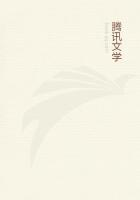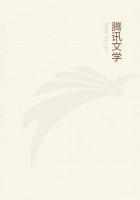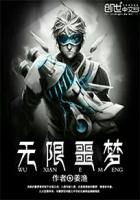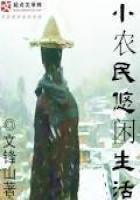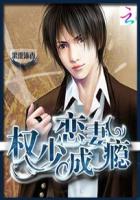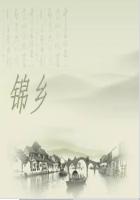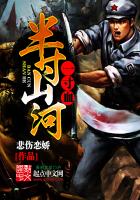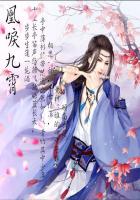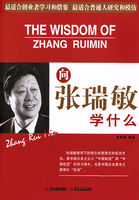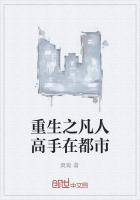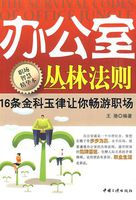Literature, as literature, had lost its charm for him. "You are perfectly right," he writes to a friend; "I care only for the idea, and I pay no attention to my style " The idea was the impor-tant thing to Tolstoy in everything that he read or wrote. When his attention was drawn to an illuminating essay on the poet Lermontov he was pleased with it, not because it demonstrated Ler-montov's position in the literary history of Rus-sia, but because it pointed out the moral aims which underlay the wild Byronism of his works.
He reproached the novelist Leskov, who had sent him his latest novel, for the "exuberance" of his flowers of speech and for his florid sentences--beautiful in their way, he says, but inexpedient and unnecessary. He even counselled the younger generation to give up poetry as a form of expres-sion and to use prose instead. Poetry, he main-tained, was always artificial and obscure. His attitude towards the art of writing remained to the end one of hostility. Whenever he caught himself working for art he was wont to reproach himself, and his diaries contain many recrimina-tions against his own weakness in yielding to this besetting temptation. Yet to these very lapses we are indebted for this collection of fragments.
The greater number of stories and plays con-tained in these volumes date from the years fol-lowing upon Tolstoy's pedagogic activity. Long intervals, however, elapsed in most cases between the original synopsis and the final touches. Thus "Father Serge," of which he sketched the outline to Mr. Chertkov in 1890, was so often put aside to make way for purely ethical writings that not till 1898 does the entry occur in his diary, "To-day, quite unexpectedly, I finished Serge " A year previously a dramatic incident had come to his knowledge, which he elaborated in the play entitled "The Man who was dead " It ran on the lines familiarised by Enoch Arden and similar stories, of a wife deserted by her husband and supported in his absence by a benefactor, whom she subsequently marries. In this instance the supposed dead man was suddenly resuscitated as the result of his own admissions in his cups, the wife and her second husband being consequently arrested and condemned to a term of imprison-ment. Tolstoy seriously attacked the subject during the summer of 1900, and having brought it within a measurable distance of completion in a shorter time than was usual with him, submitted it to the judgment of a circle of friends. The drama made a deep impression on the privileged few who read it, and some mention of it appeared in the newspapers.
Shortly afterwards a young man came to see Tolstoy in private. He begged him to refrain from publishing "The Man who was dead," as it was the history of his mother's life, and would dis-tress her gravely, besides possibly occasioning further police intervention. Tolstoy promptly consented, and the play remained, as it now ap-pears, in an unfinished condition. He had al-ready felt doubtful whether "it was a thing God would approve," Art for Art's sake having in his eyes no right to existence. For this reason a didactic tendency is increasingly evident in these later stories. "After the Ball" gives a painful picture of Russian military cruelty; "The Forged Coupon" traces the cancerous growth of evil, and demonstrates with dramatic force the cumu-lative misery resulting from one apparently trivial act of wrongdoing.
Of the three plays included in these volumes, "The Light that shines in Darkness" has a spe-cial claim to our attention as an example of auto-biography in the guise of drama. It is a speci-men of Tolstoy's gift of seeing himself as others saw him, and viewing a question in all its bear-ings. It presents not actions but ideas, giving with entire impartiality the opinions of his home circle, of his friends, of the Church and of the State, in regard to his altruistic propaganda and to the anarchism of which he has been accused.
The scene of the renunciation of the estates of the hero may be taken as a literal version of what actually took place in regard to Tolstoy himself, while the dialogues by which the piece is carried forward are more like verbatim records than im-aginary conversations.
This play was, in addition, a medium by which Tolstoy emphasised his abhorrence of military service, and probably for this reason its produc-tion is absolutely forbidden in Russia. A word may be said here on Tolstoy's so-called Anarchy, a term admitting of grave misconstruction. In that he denied the benefit of existing governments to the people over whom they ruled, and in that he stigmatised standing armies as "collections of disciplined murderers," Tolstoy was an Anarchist; but in that he reprobated the methods of violence, no matter how righteous the cause at stake, and upheld by word and deed the gospel of Love and submission, he cannot be judged guilty of Anar-chism in its full significance. He could not, how-ever, suppress the sympathy which he felt with those whose resistance to oppression brought them into deadly conflict with autocracy. He found in the Caucasian chieftain, Hadji Murat, a sub-ject full of human interest and dramatic possibili-ties; and though some eight years passed before he corrected the manuscript for the last time (in 1903), it is evident from the numbers of entries in his diary that it had greatly occupied his thoughts so far back even as the period which he spent in Tiflis prior to the Crimean war. It was then that the final subjugation of the Caucasus took place, and Shamil and his devoted band made their last struggle for freedom. After the lapse of half a century, Tolstoy gave vent in "Hadji Murat" to the resentment which the military despotism of Nicholas I. had roused in his sensitive and fearless spirit.
Courage was the dominant note in Tolstoy's character, and none have excelled him in portray-ing brave men. His own fearlessness was of the rarest, in that it was both physical and moral.

